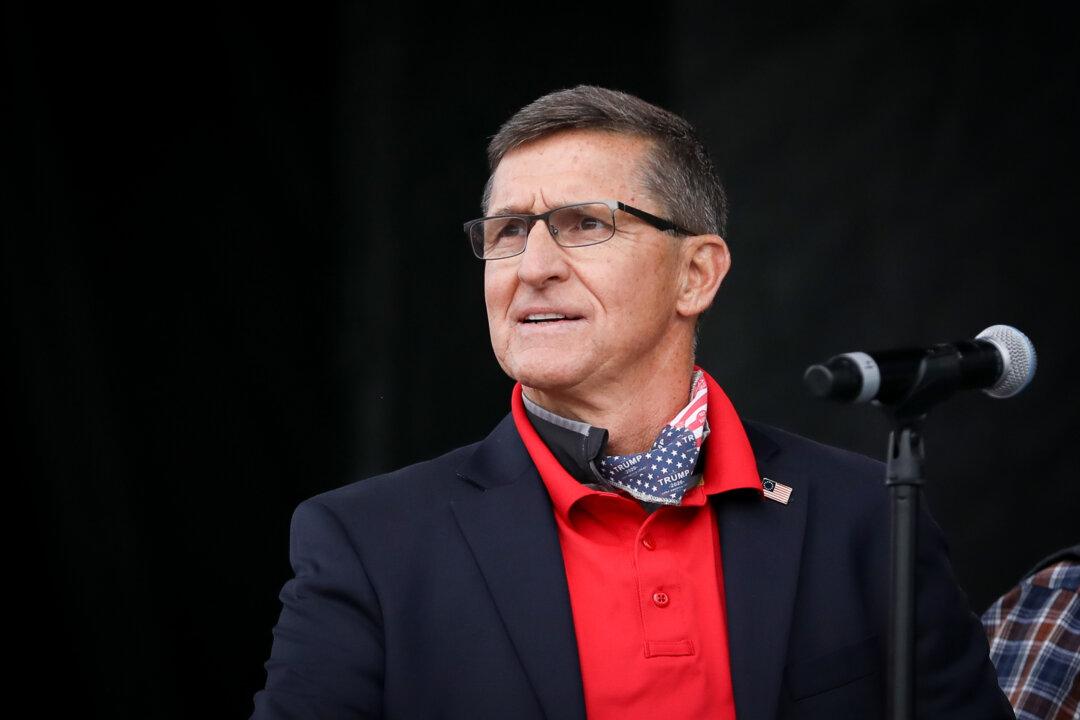The FBI distributed transcripts of calls between then-incoming national security adviser retired Lt. Gen. Michael Flynn and Russia’s ambassador to the United States without shielding Flynn’s name, according to a newly published report, which also found no evidence that requests from then-Vice President Joe Biden and other executive branch officials to unmask Flynn’s identity were politically motivated.
Flynn and the ambassador, Sergey Kislyak, spoke several times after Donald Trump was elected president in 2016. Flynn’s identity was made known, or unmasked, to a number of Obama administration officials, who requested the unmasking prior to Trump being sworn in. Portions of the transcripts were reported by The Washington Post before Trump’s inauguration, citing a “senior U.S. government official.” A later article cited nine current and former officials. All likely violated the federal code that prohibits disclosure of classified information.





